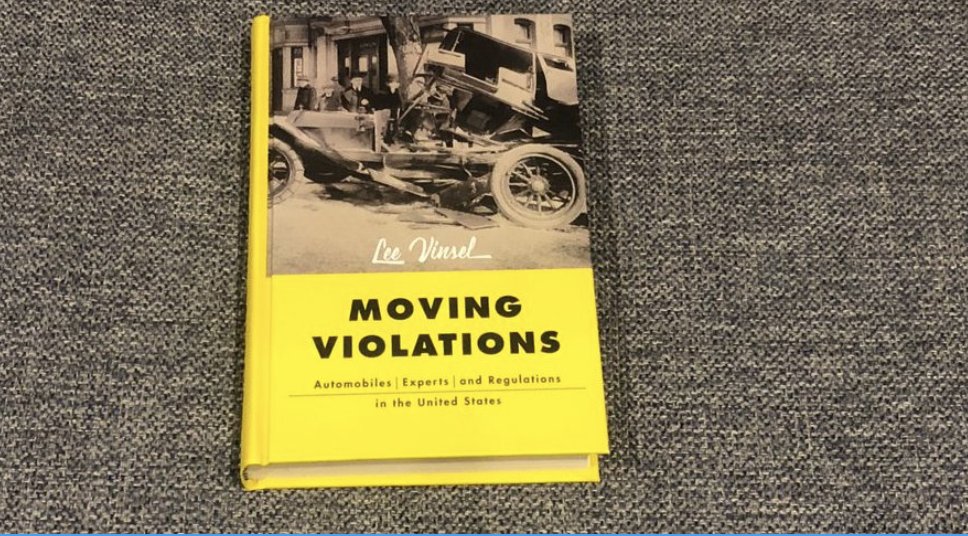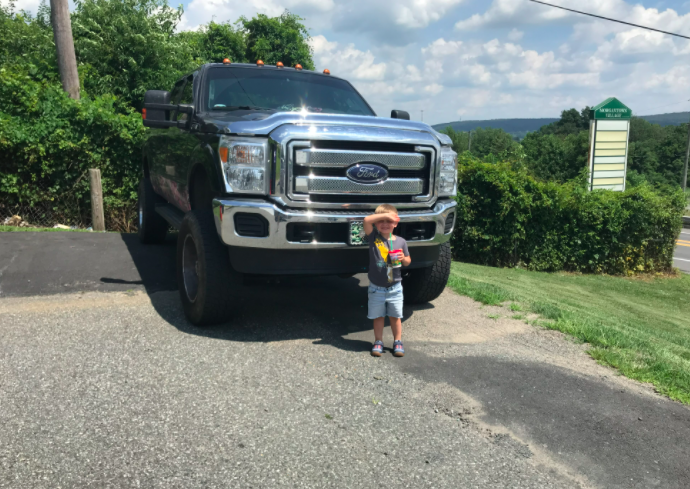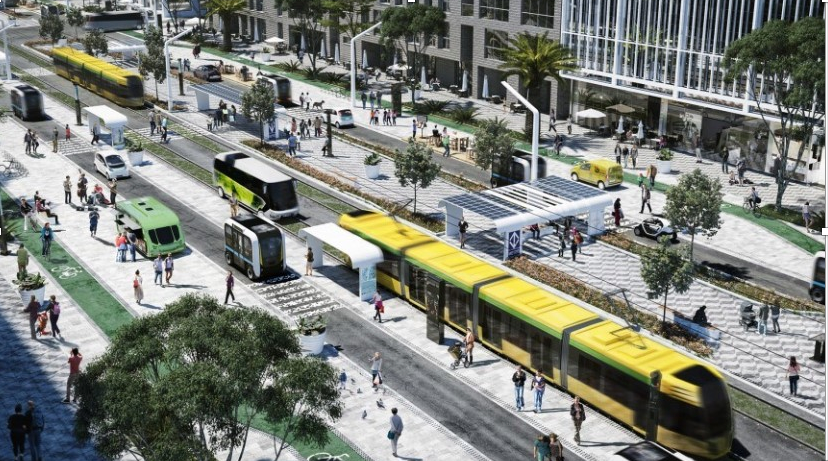
A provocative question in this book by @STS_News: Why doesn't the USA regulate car safety like emissions?
"How would automakers transform their products if we mandated that they reduce the number of automotive fatalities in new cars by, say, 40% within 10 years?"
A thread 🧵:
"How would automakers transform their products if we mandated that they reduce the number of automotive fatalities in new cars by, say, 40% within 10 years?"
A thread 🧵:

For a century, automobile safety has largely focused on 1) driver education and 2) voluntary agreements by automakers to build safer cars.
Both those approaches are flawed.
Both those approaches are flawed.

Here's future Sen. Daniel P. Moynihan critiquing safety education in 1959:
It "shifts public attention from factors like auto design, which we can reasonably hope to control, to factors such as the temperament and behavior of 80M drivers, who [will ignore] a bunch of slogans."
It "shifts public attention from factors like auto design, which we can reasonably hope to control, to factors such as the temperament and behavior of 80M drivers, who [will ignore] a bunch of slogans."

Left to their own devices, carmakers shrug off safety. An academic observer in the 1960s:
"Unless there is an element of compulsion or the threat of it, manufacturers do not appear to have introduced [safety] features as standard EQ, which would...increase production costs."
"Unless there is an element of compulsion or the threat of it, manufacturers do not appear to have introduced [safety] features as standard EQ, which would...increase production costs."

But the federal gov can force automakers' hand.
Mandates for safety tech-- like airbags or ADAS-- can prevent carmakers from offering them only to those buying high-end vehicles.
After all, why should only the affluent be able to "afford" a safe car?
Mandates for safety tech-- like airbags or ADAS-- can prevent carmakers from offering them only to those buying high-end vehicles.
After all, why should only the affluent be able to "afford" a safe car?

Notably, the feds have been far more successful spurring innovation reducing tailpipe emissions than improving safety.
The tight regs of the 1970 Clean Air Act were "technology forcing," pushing automakers to find new solutions.
Why can't we do that with auto safety?
The tight regs of the 1970 Clean Air Act were "technology forcing," pushing automakers to find new solutions.
Why can't we do that with auto safety?

Something has to change w/regard to American auto safety, because the status quo isn't working.
Last year over 38,600 people were killed on American roads and streets-- the most in 13 years. (And please don't tell me AVs will fix this if we simply wait.)
usnews.com/news/health-ne…
Last year over 38,600 people were killed on American roads and streets-- the most in 13 years. (And please don't tell me AVs will fix this if we simply wait.)
usnews.com/news/health-ne…
Vinsel's publisher claims this book is the first systematic history of US auto regulations (seems right).
My takeaway: Carmakers have repeatedly failed to address problems related to safety and pollution on their own.
Either regulators intervene, or the issues persist.
My takeaway: Carmakers have repeatedly failed to address problems related to safety and pollution on their own.
Either regulators intervene, or the issues persist.

• • •
Missing some Tweet in this thread? You can try to
force a refresh

















